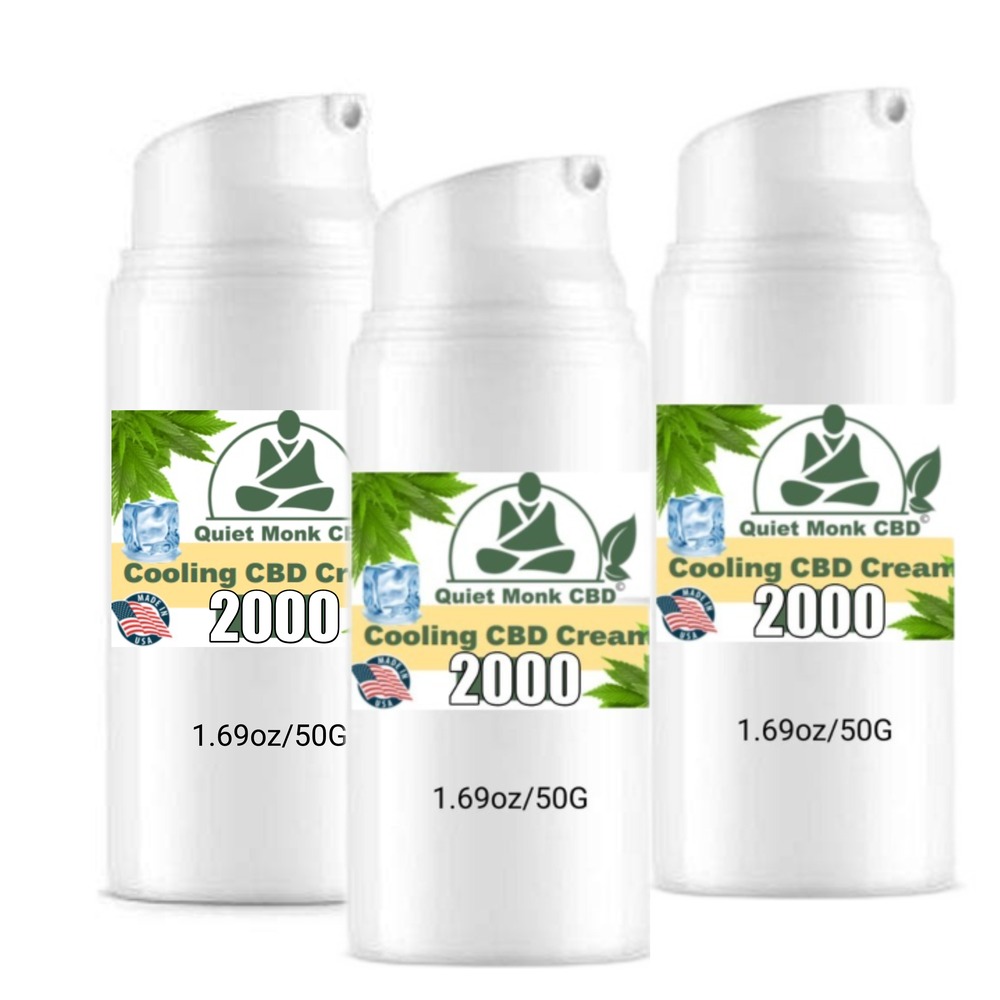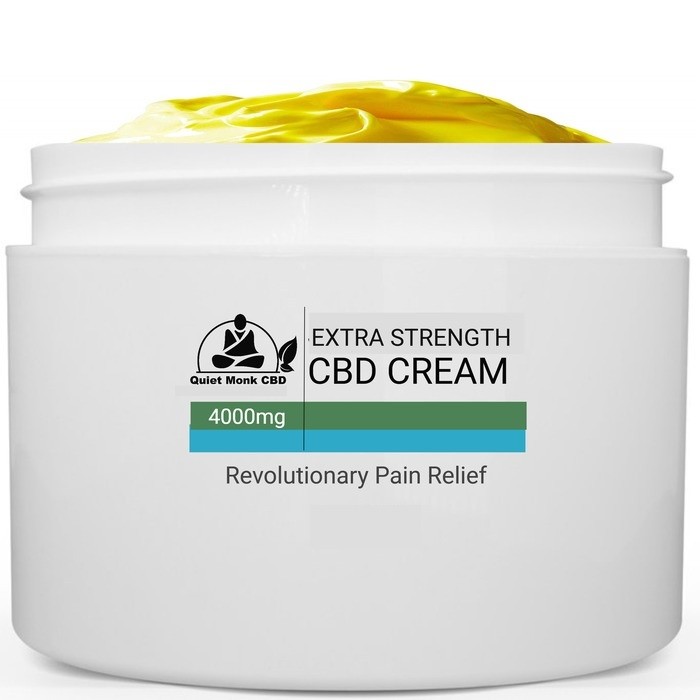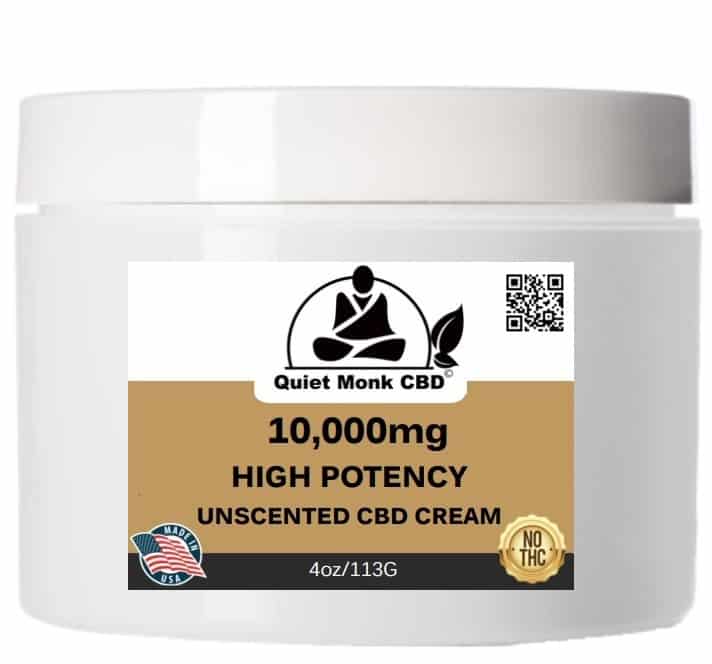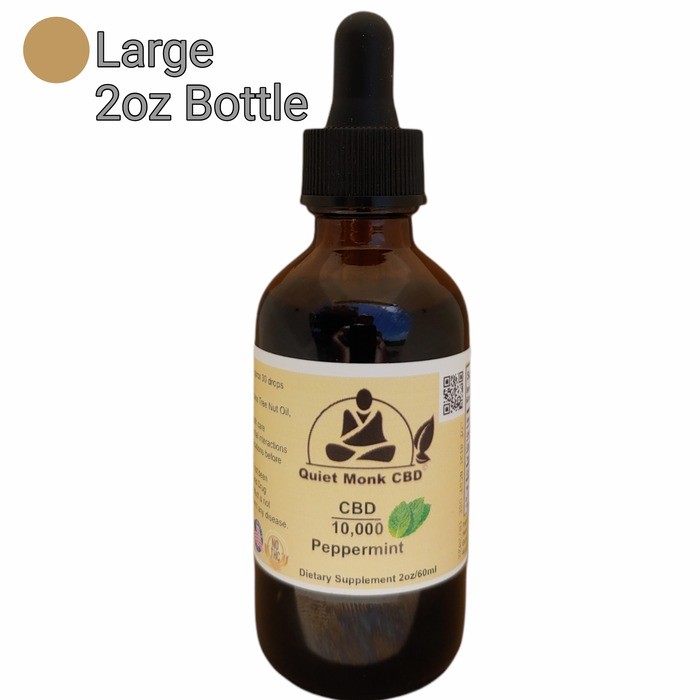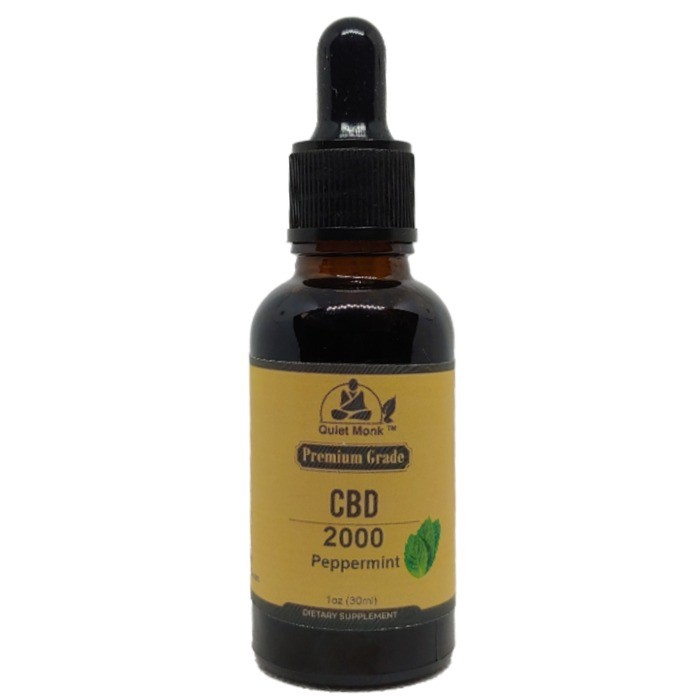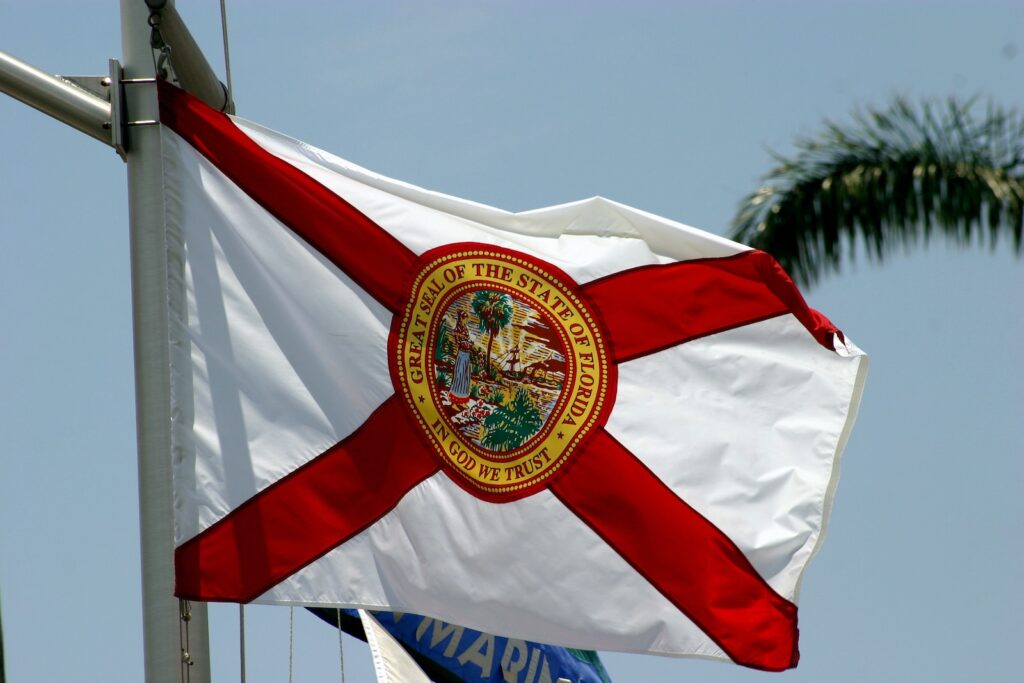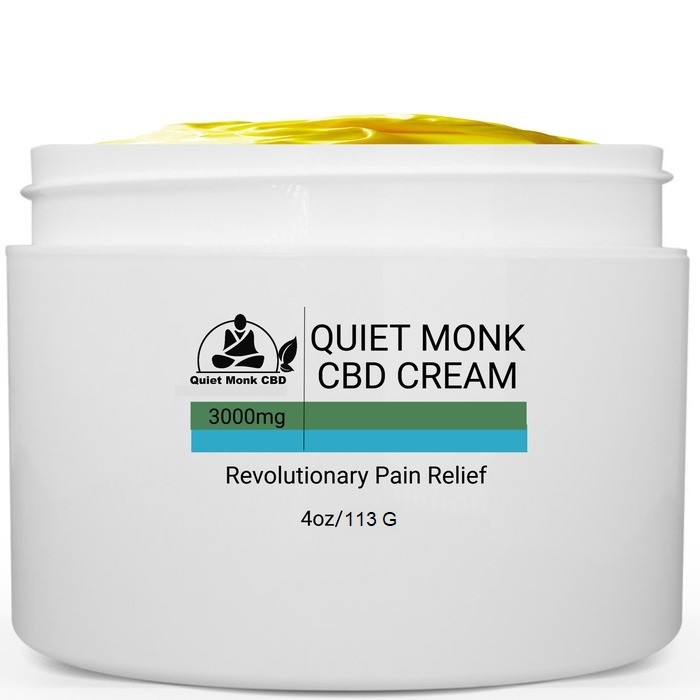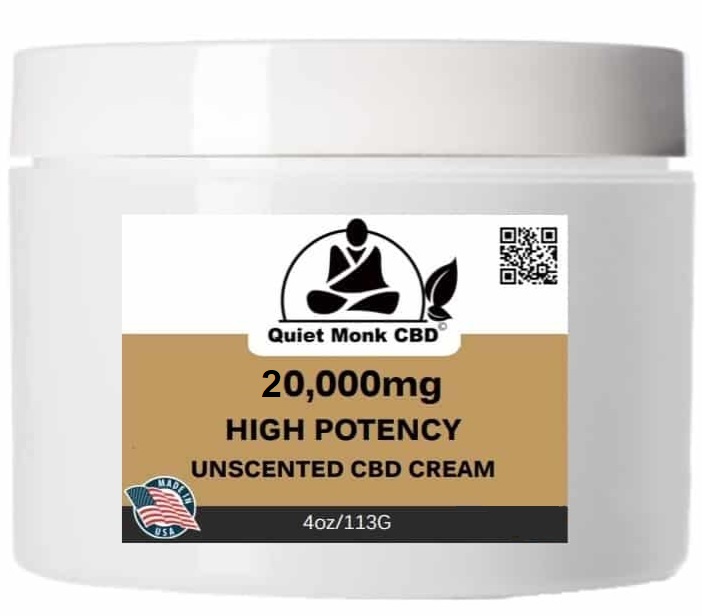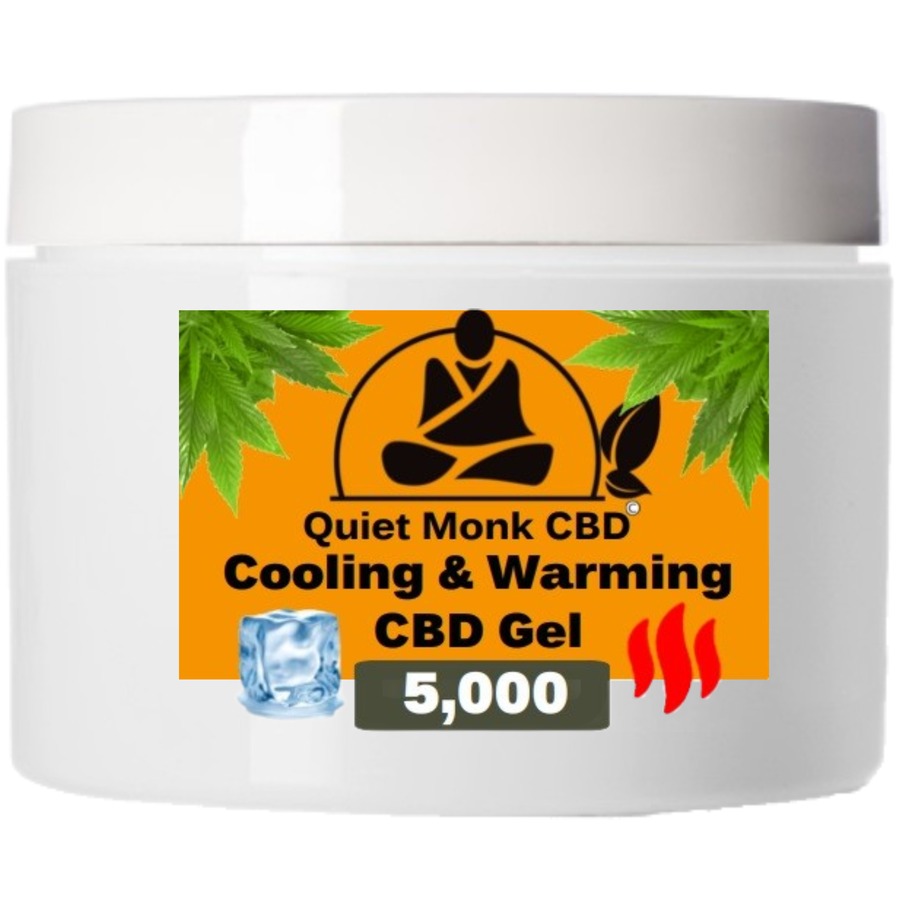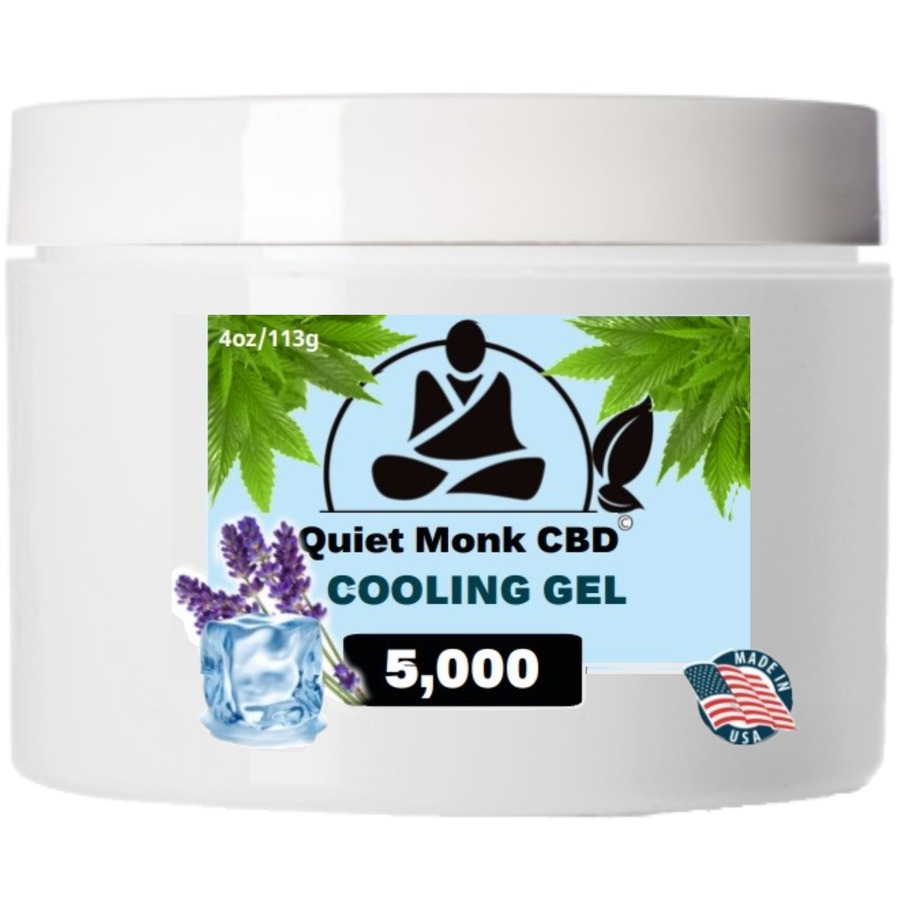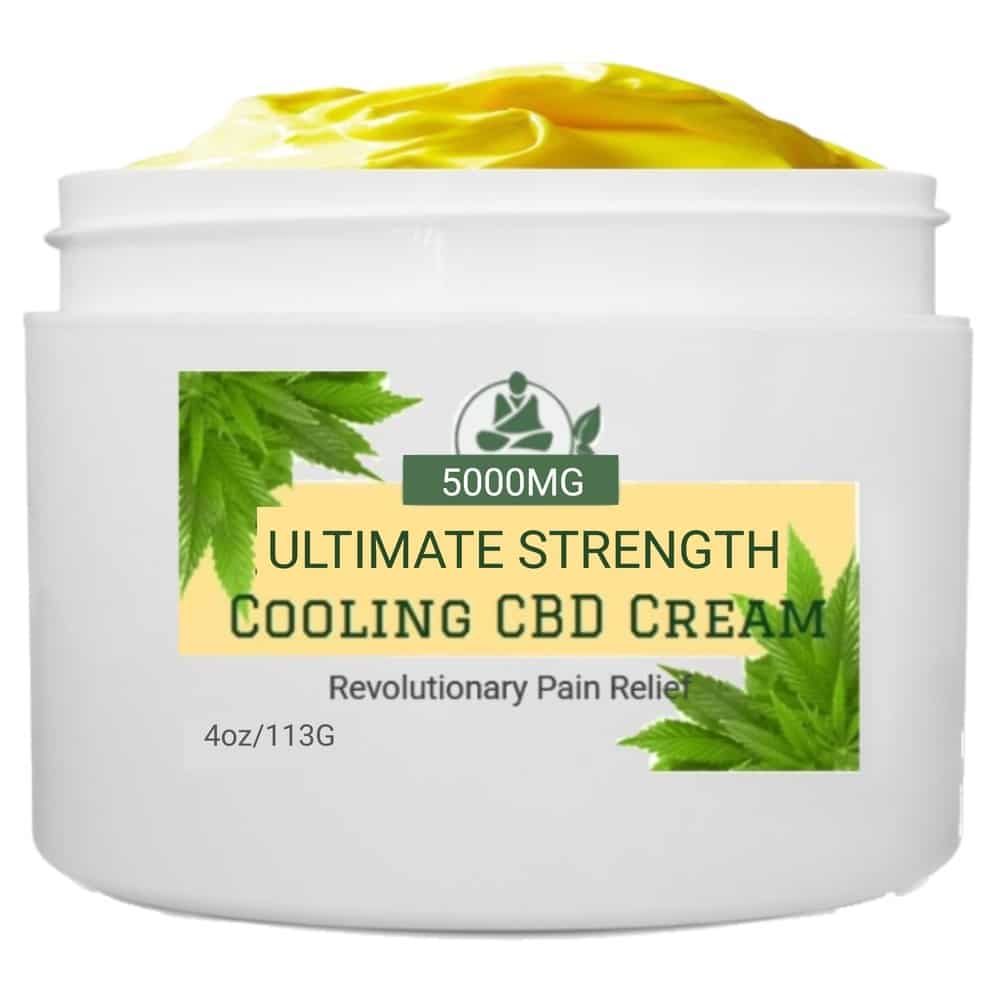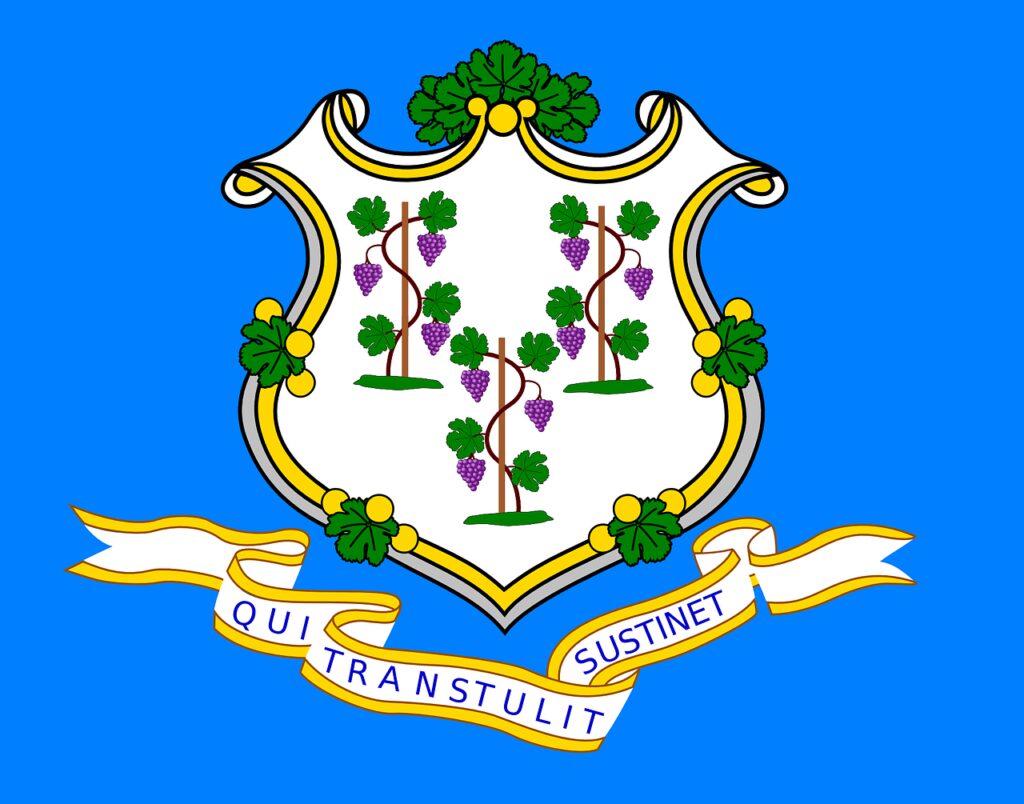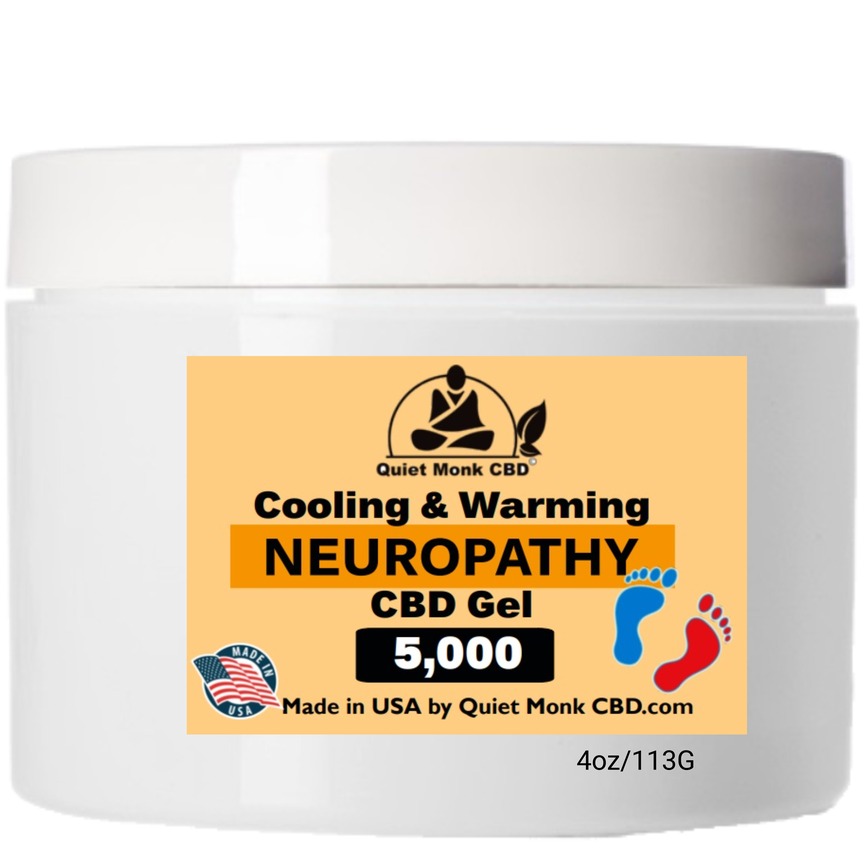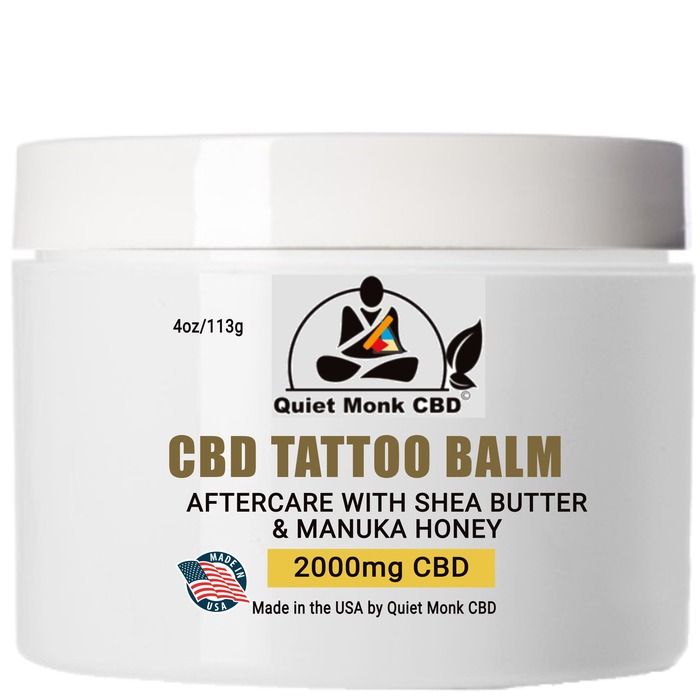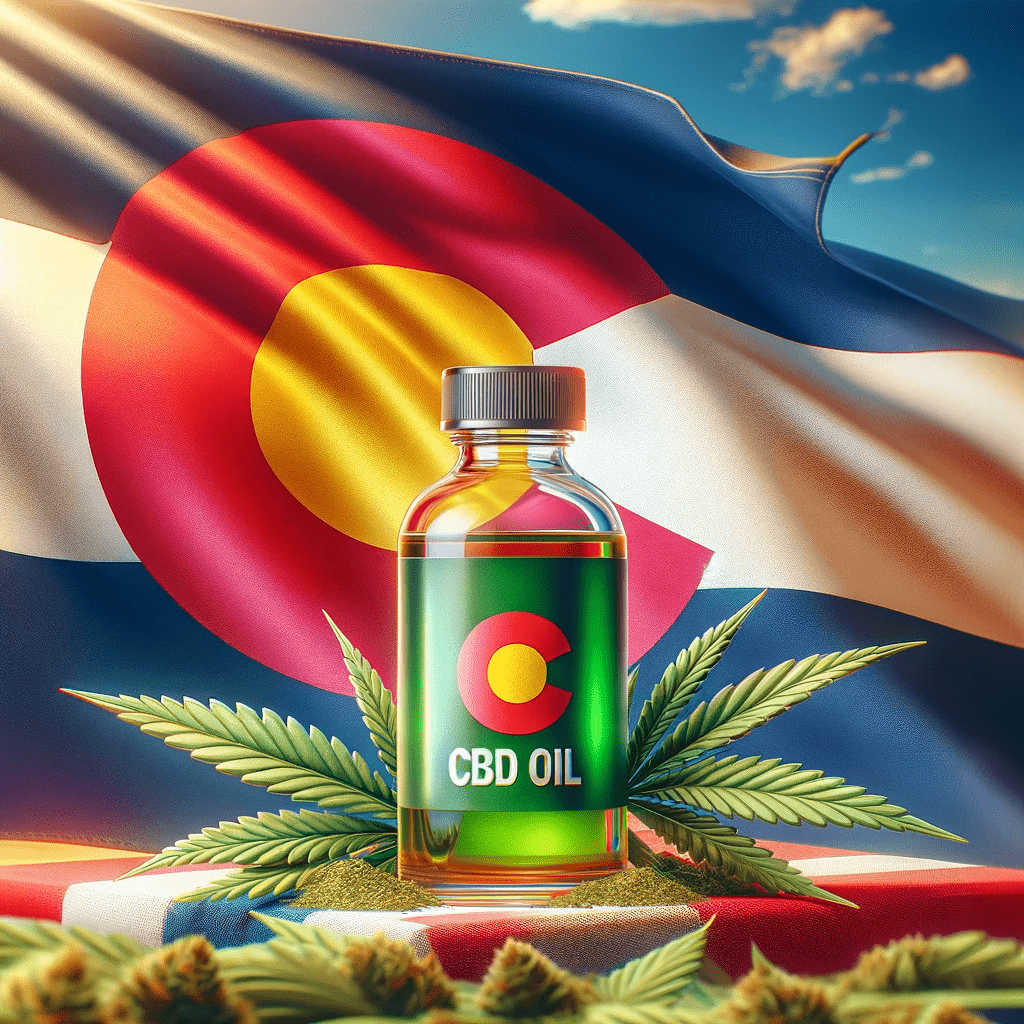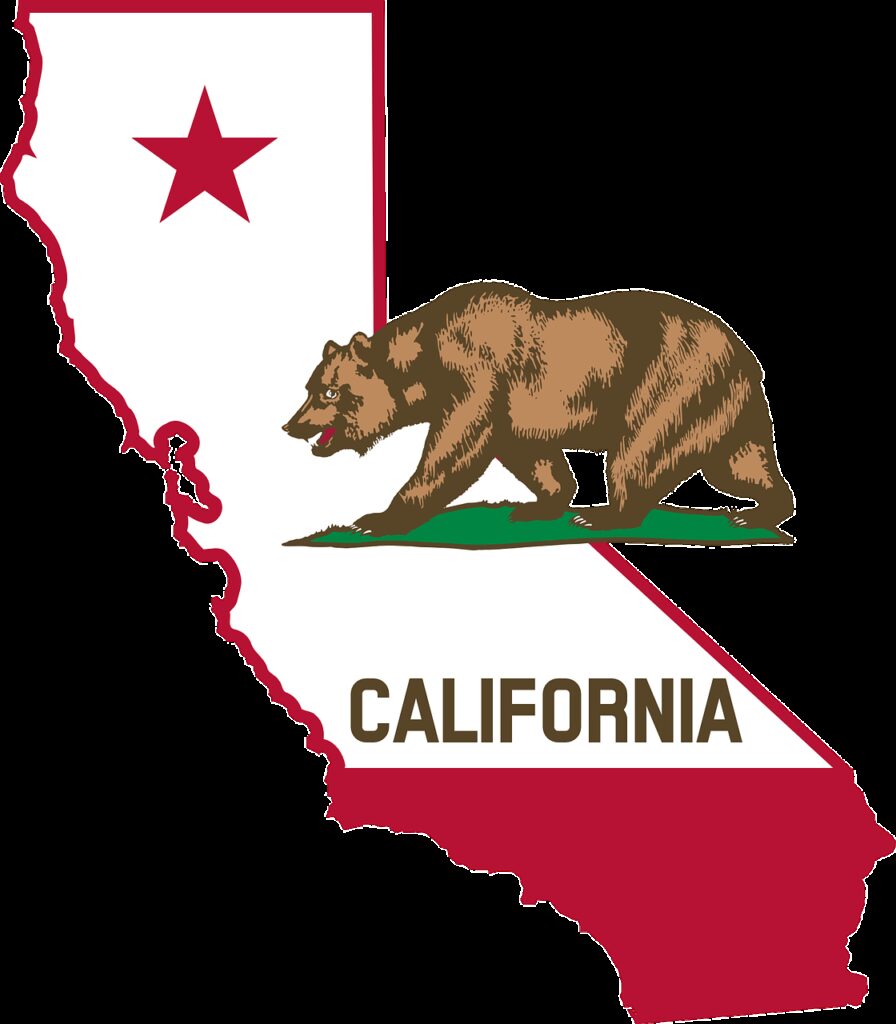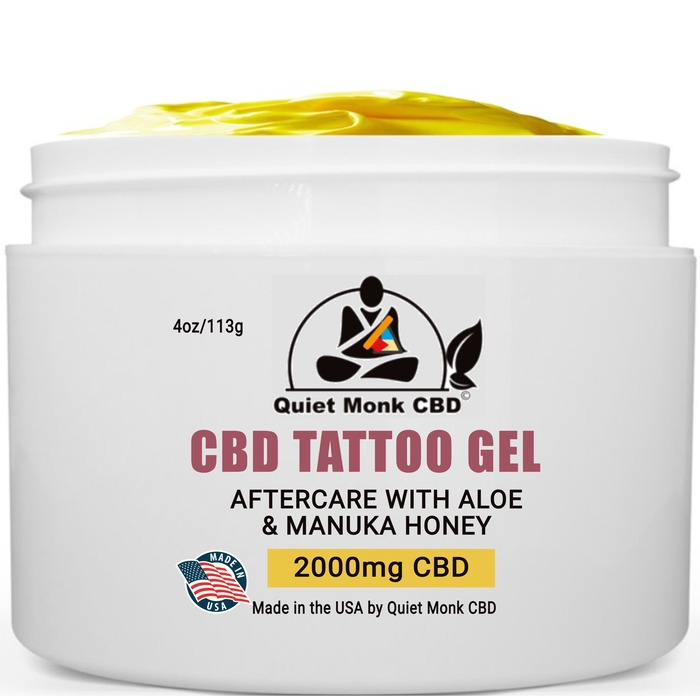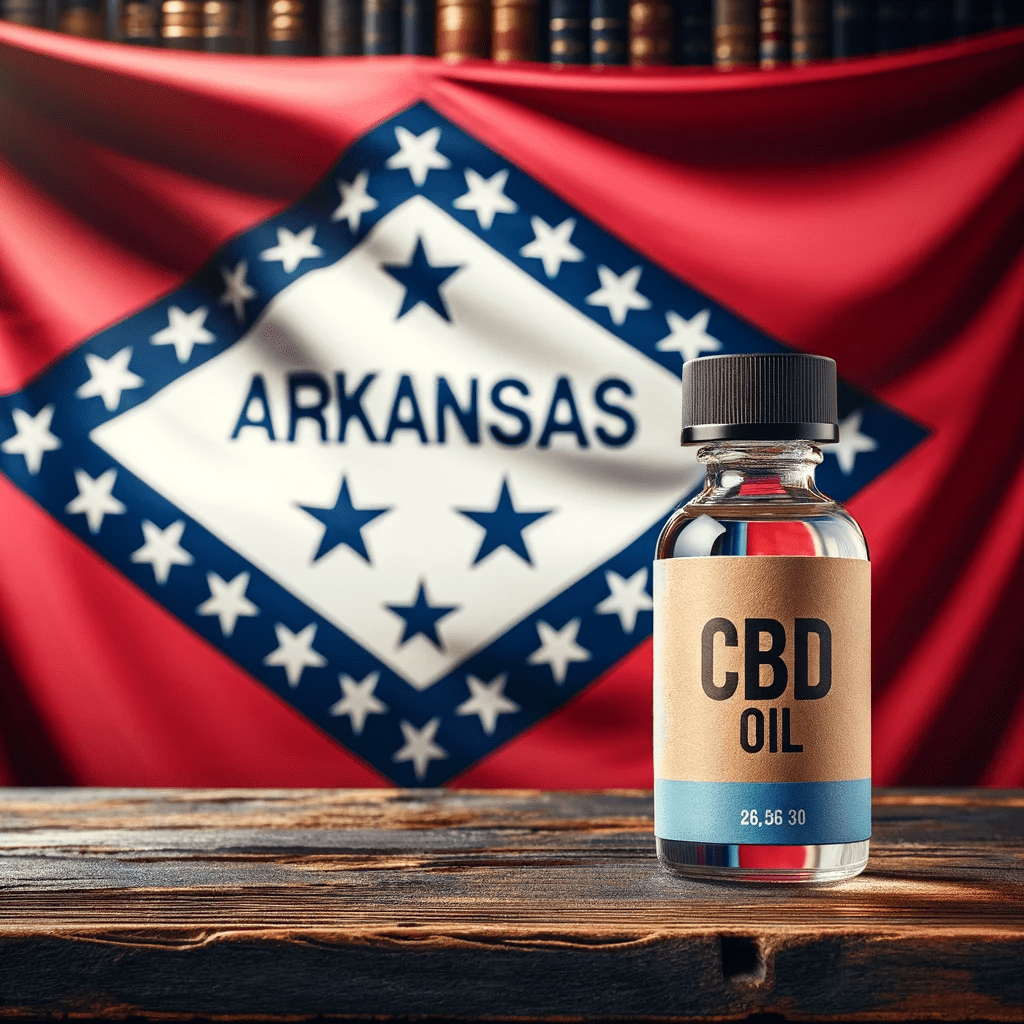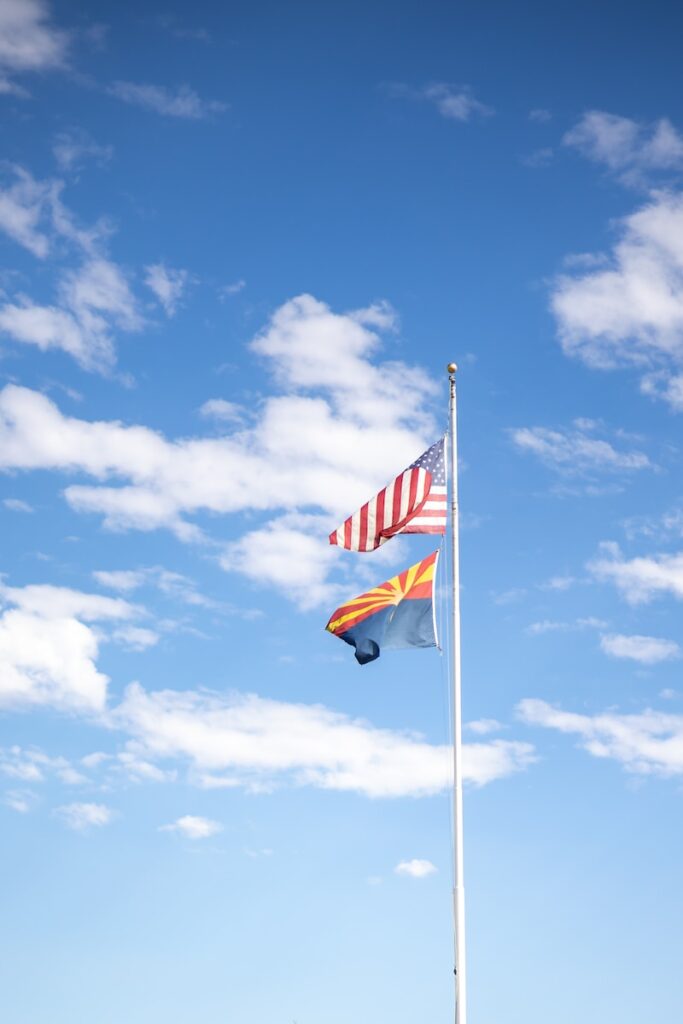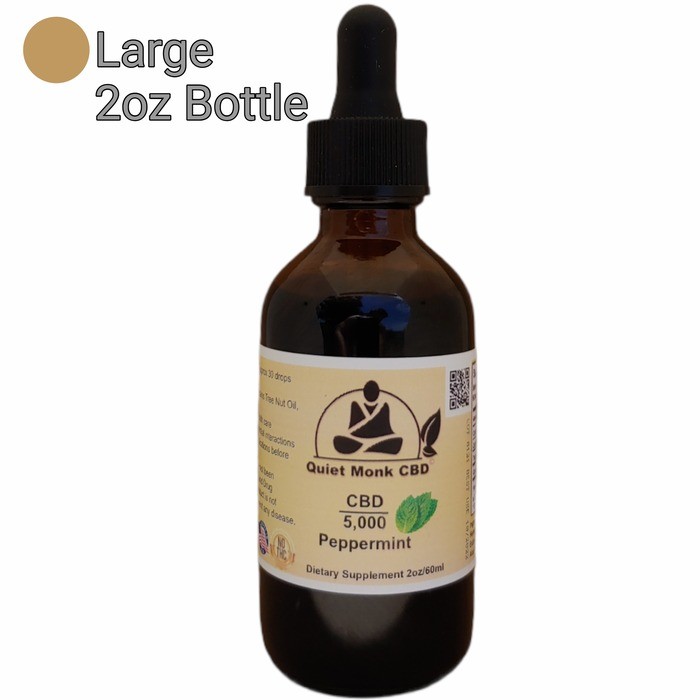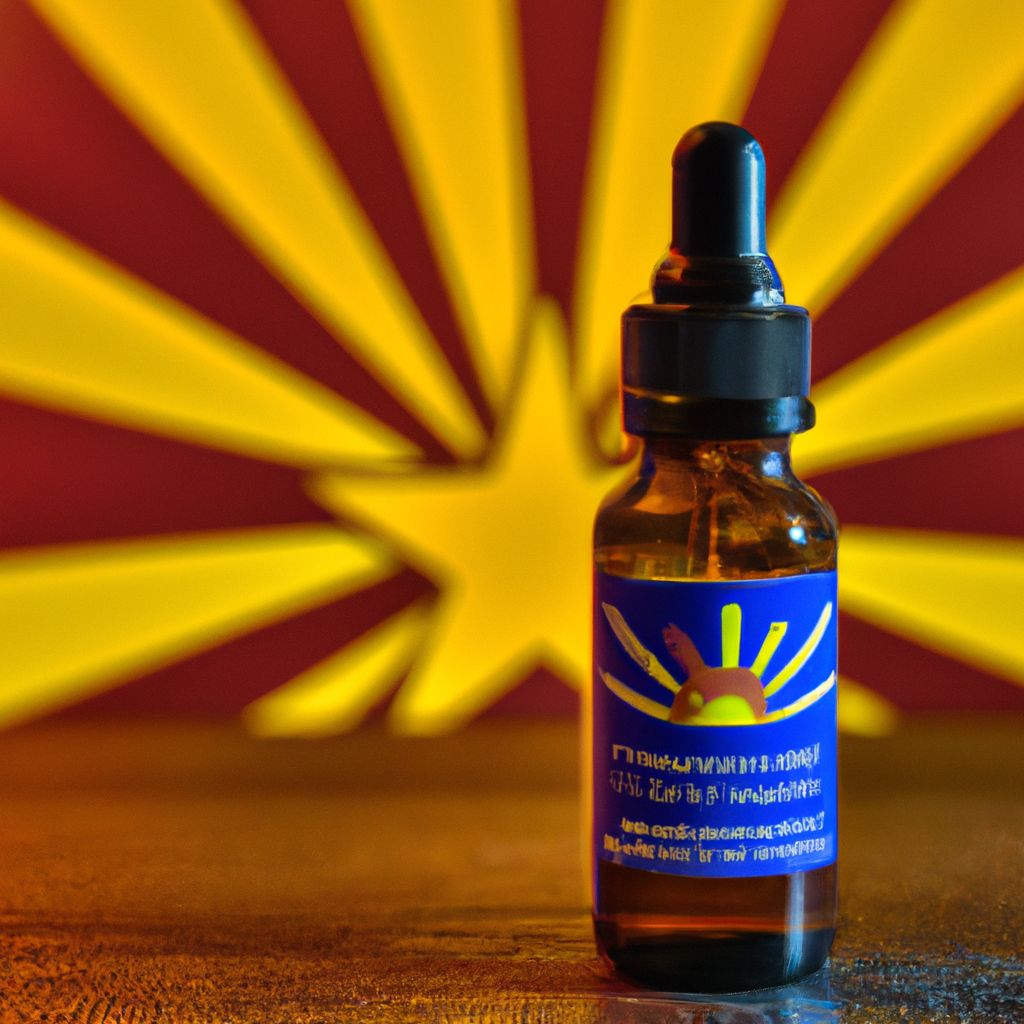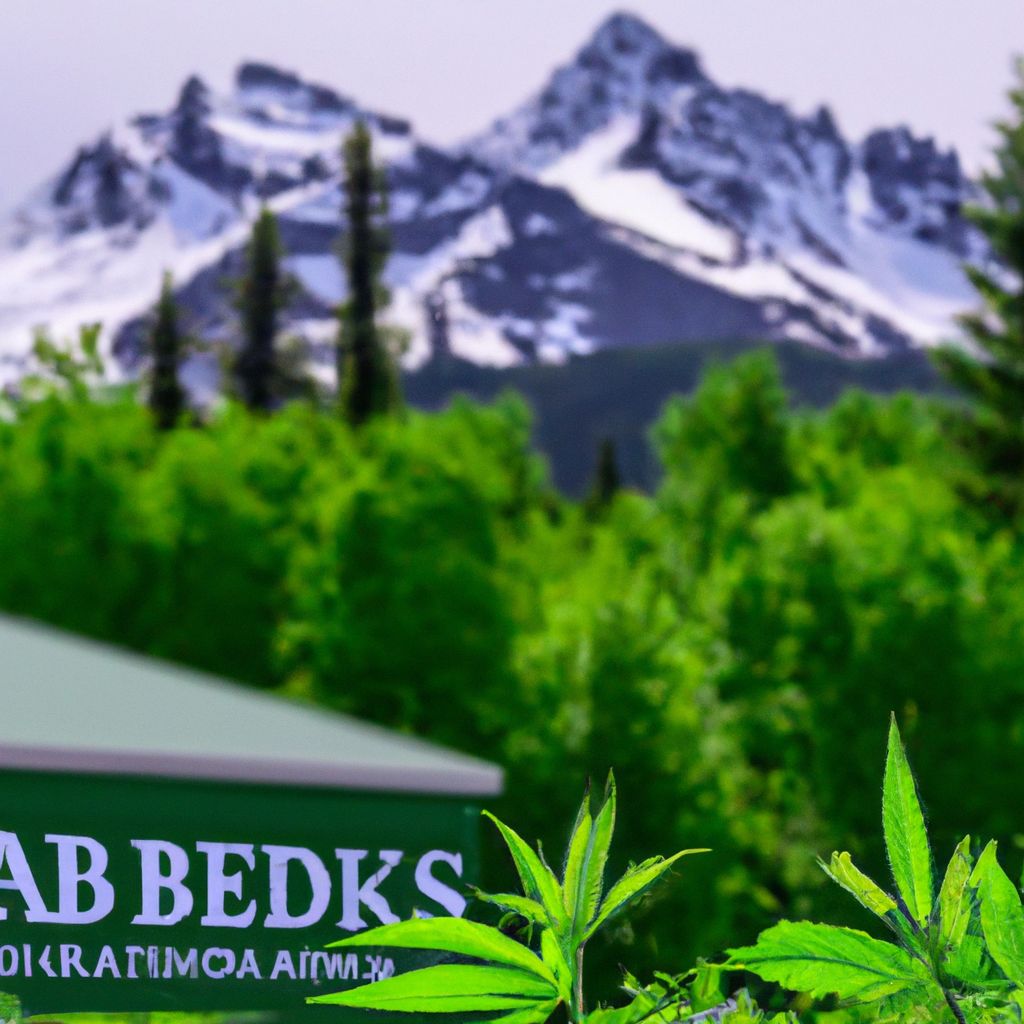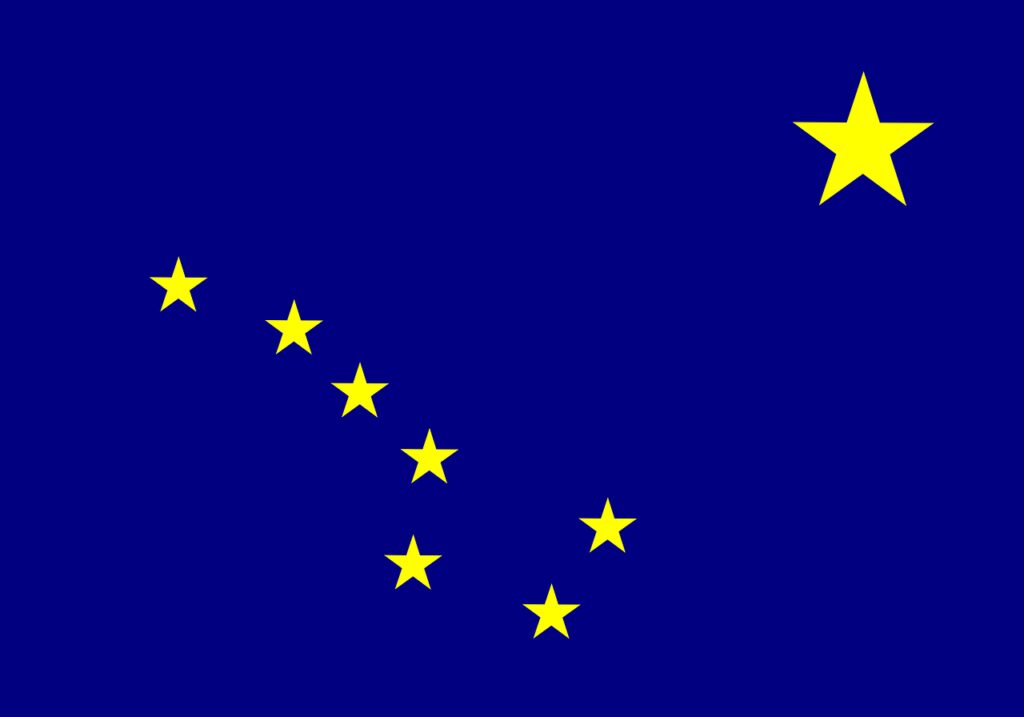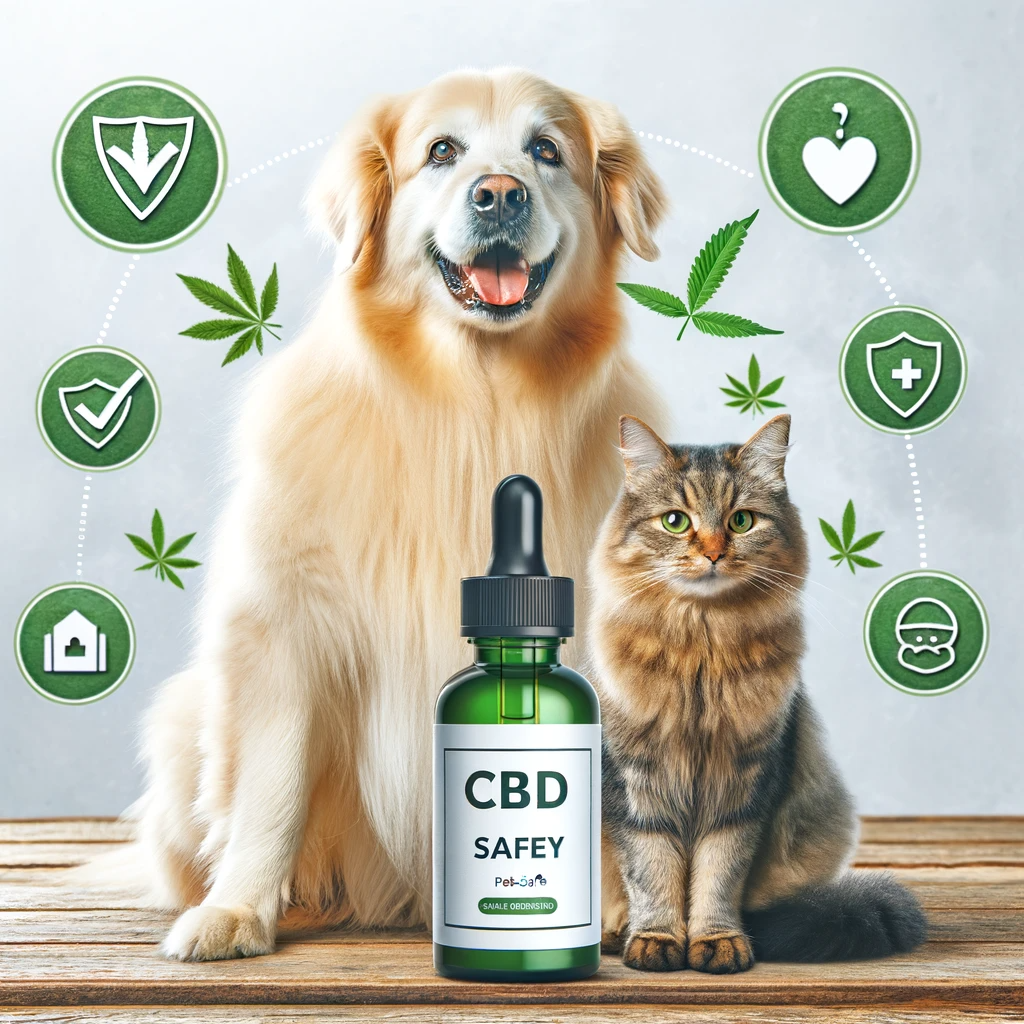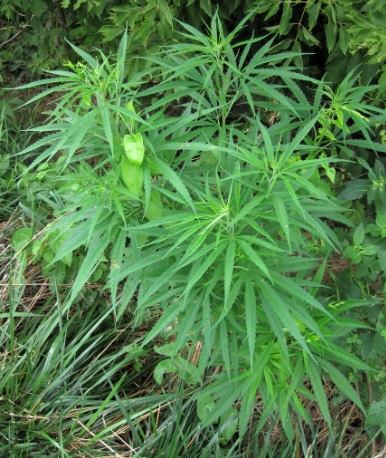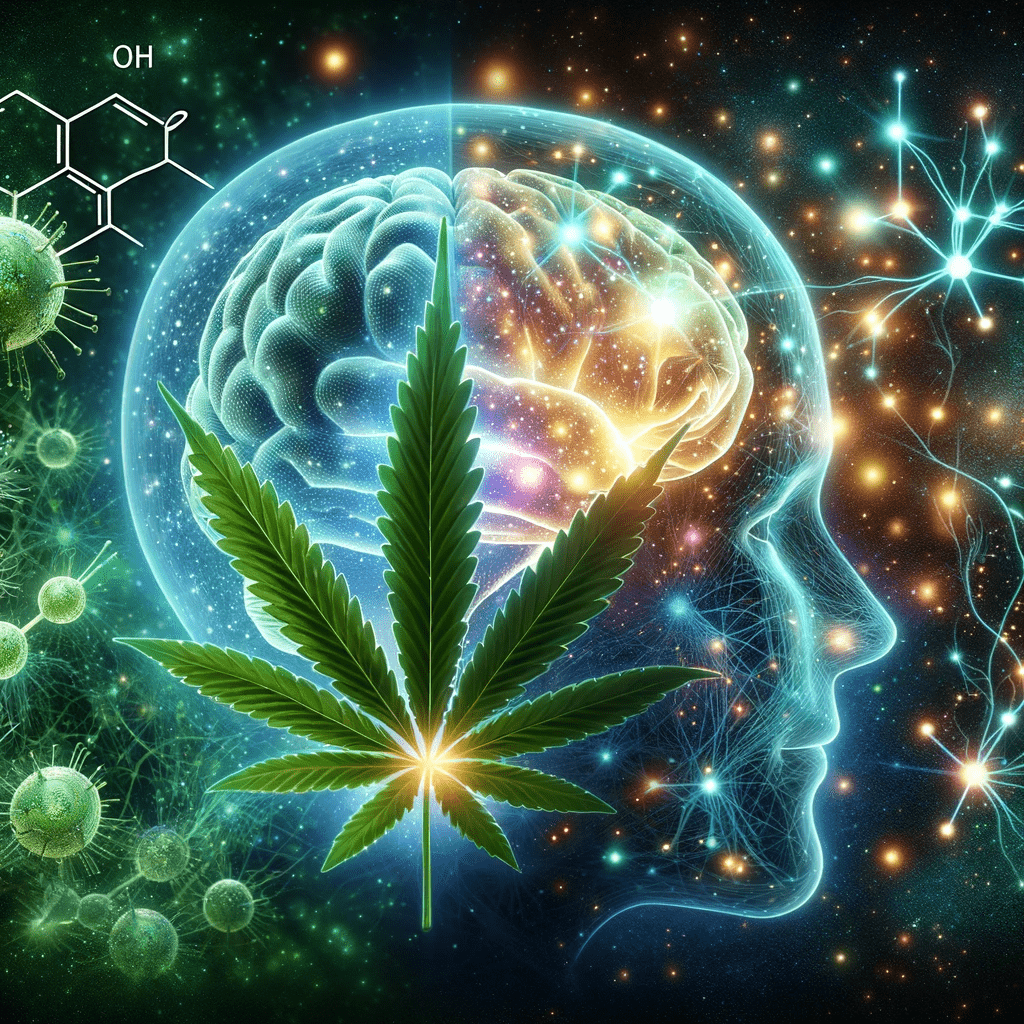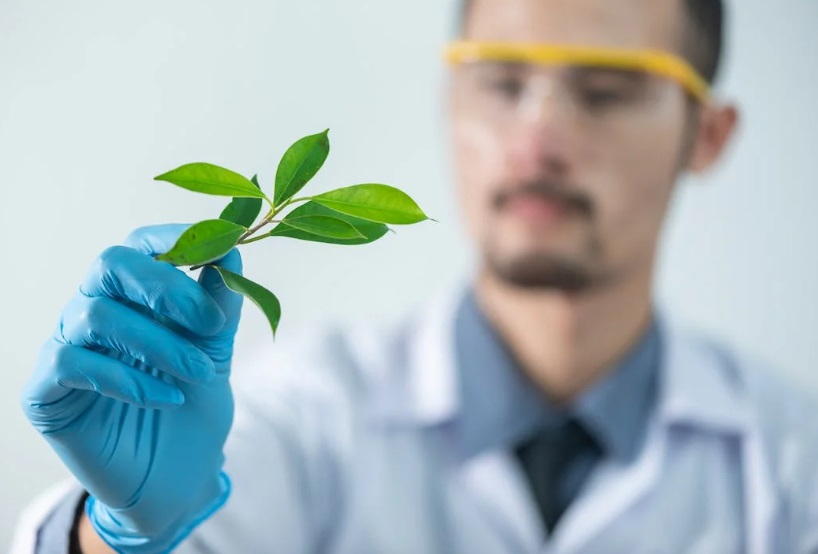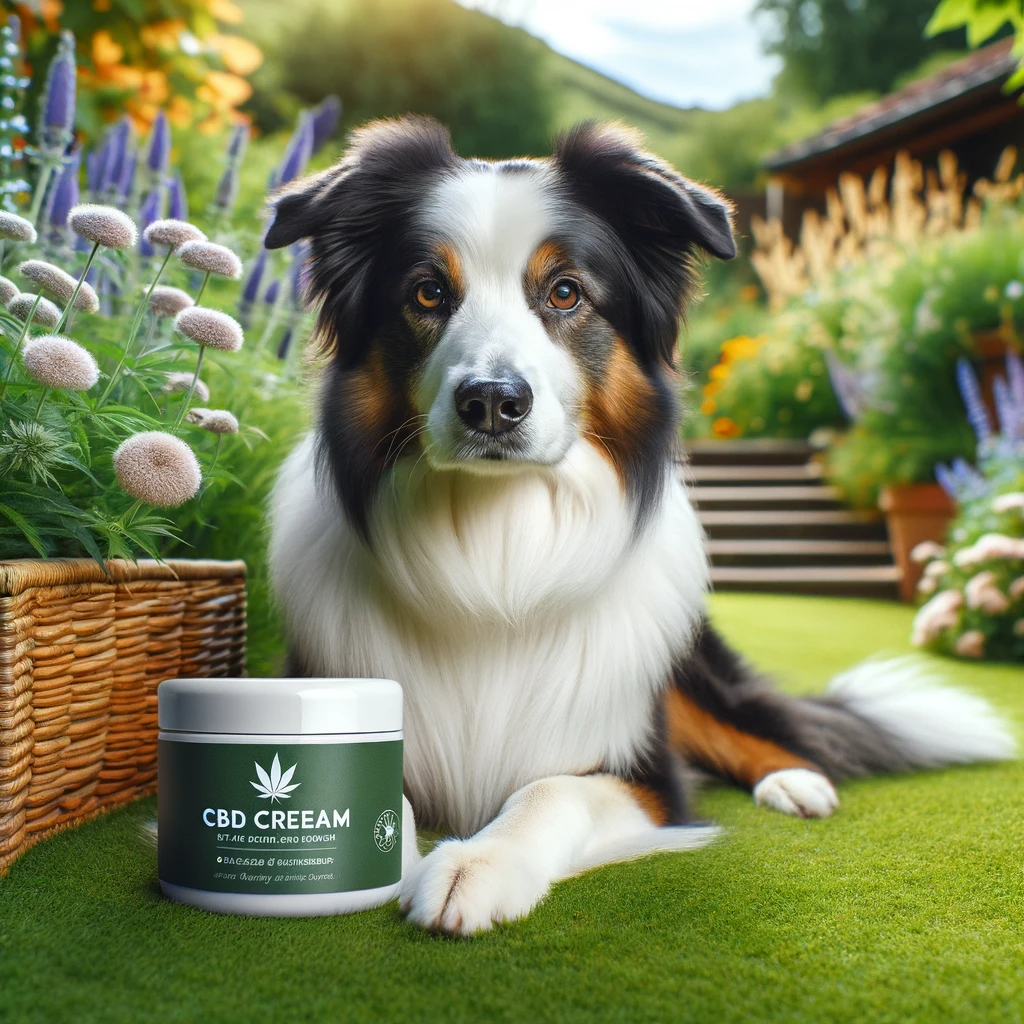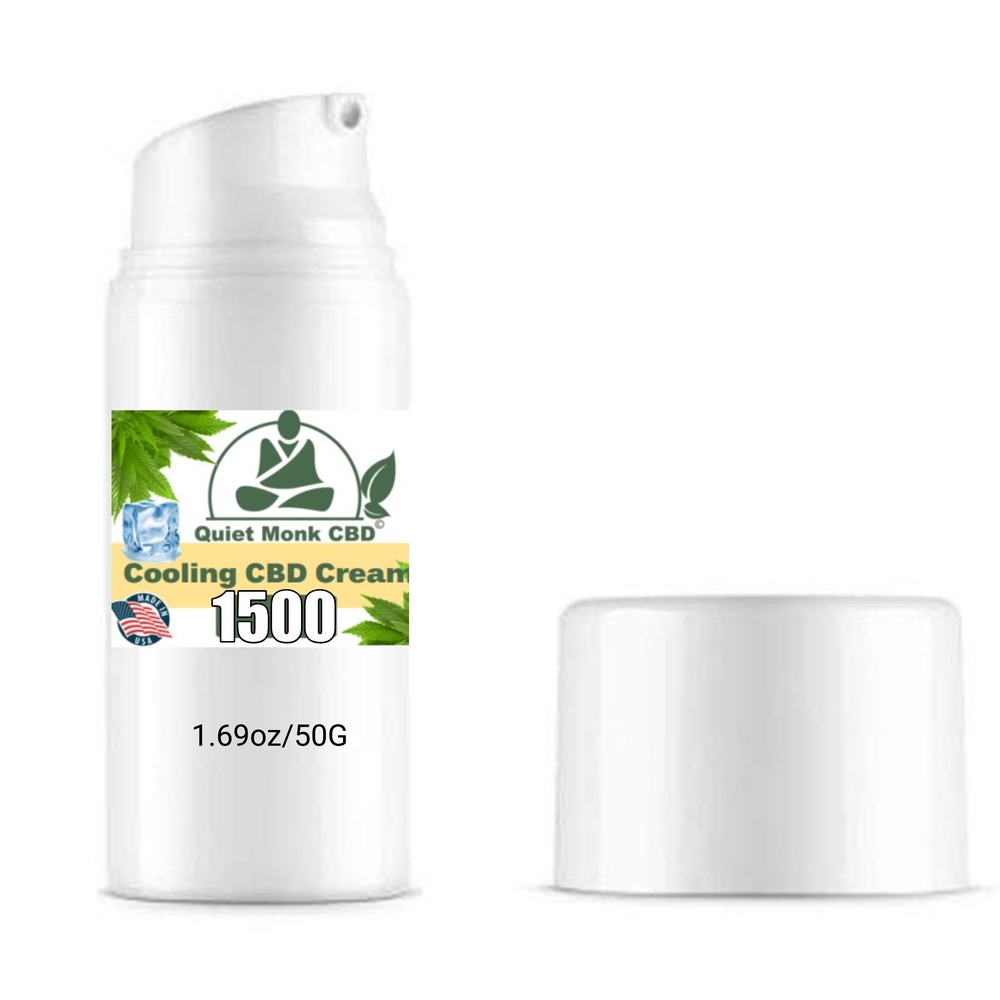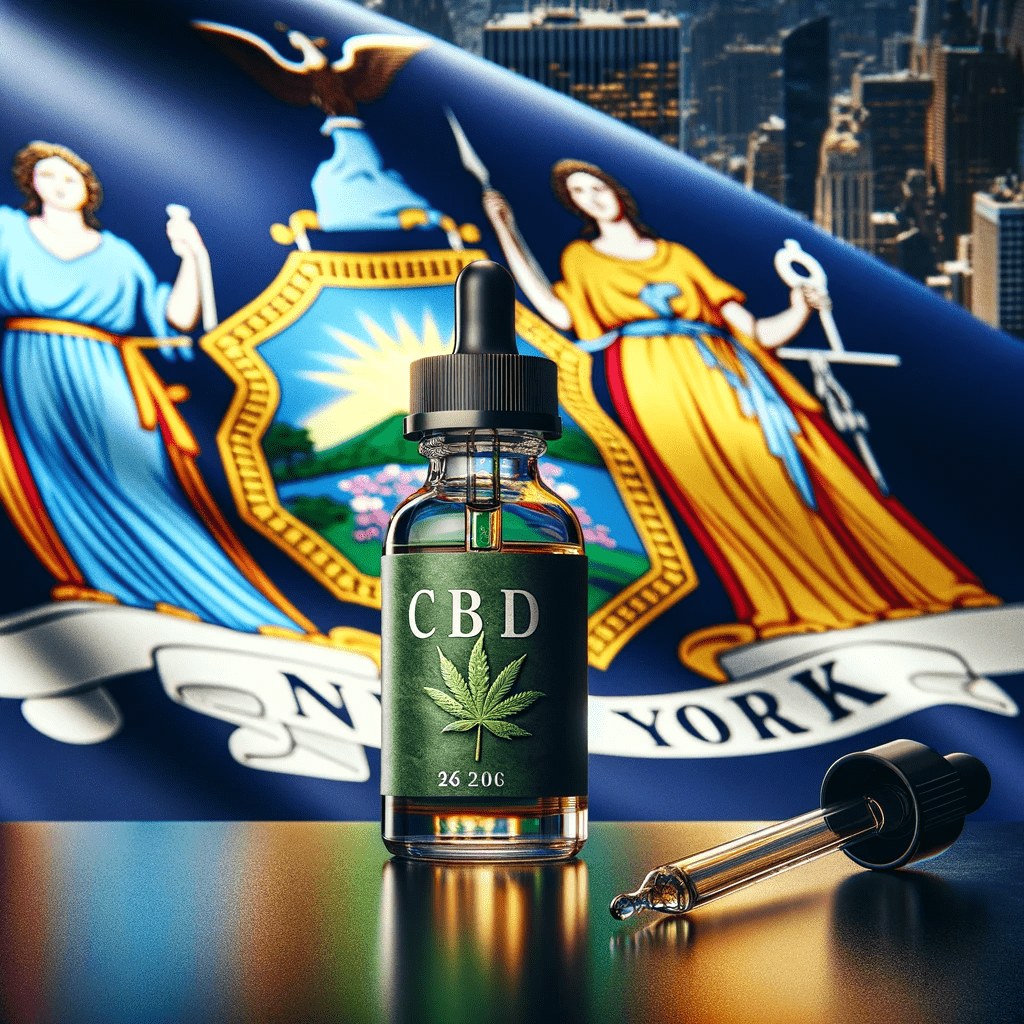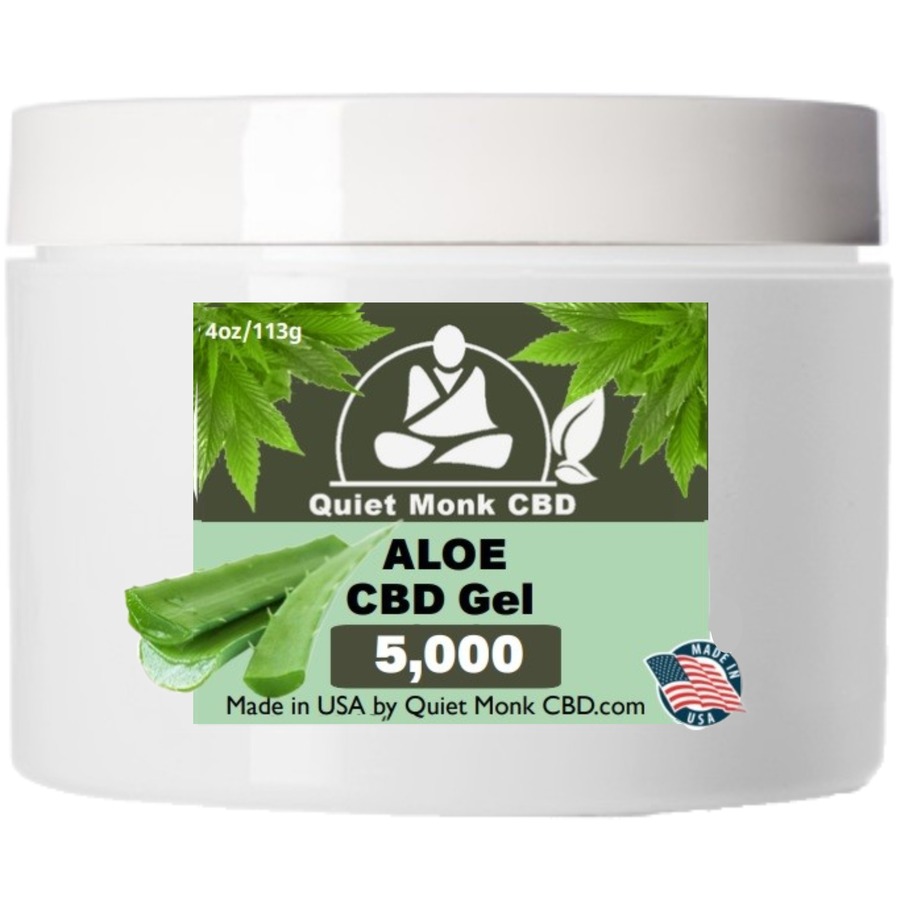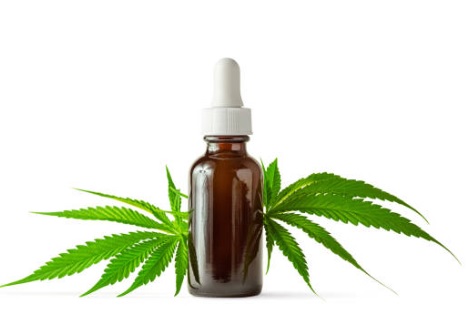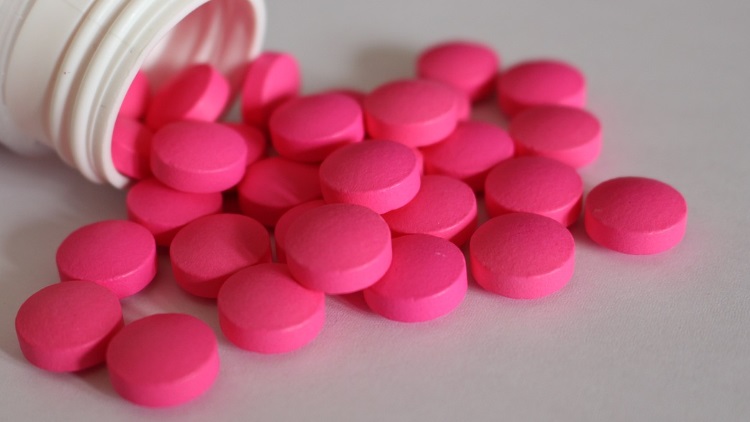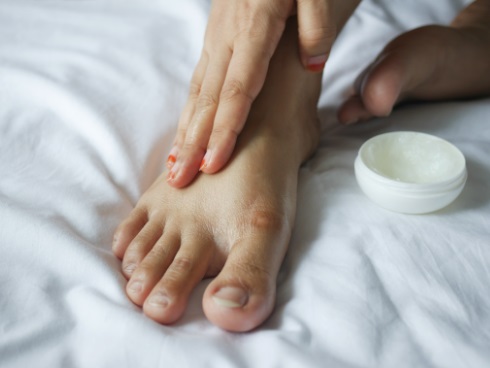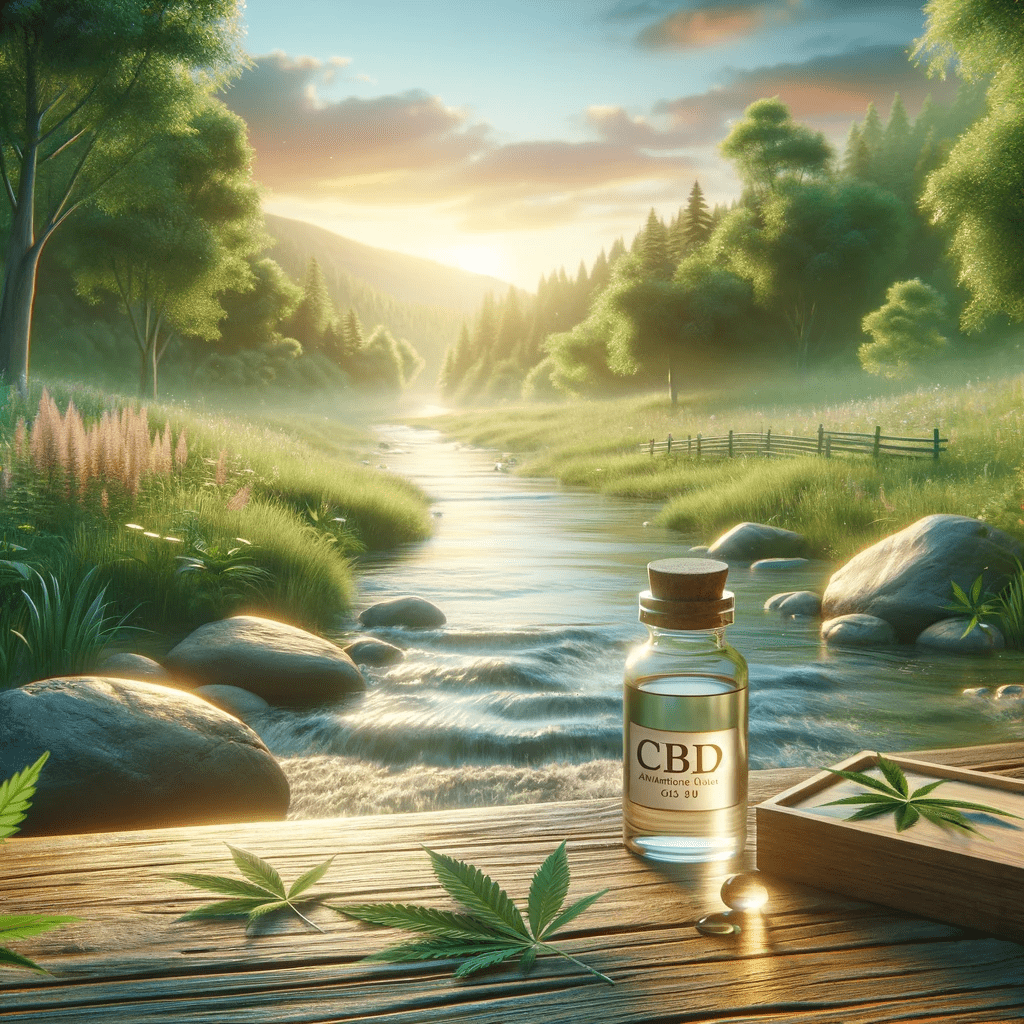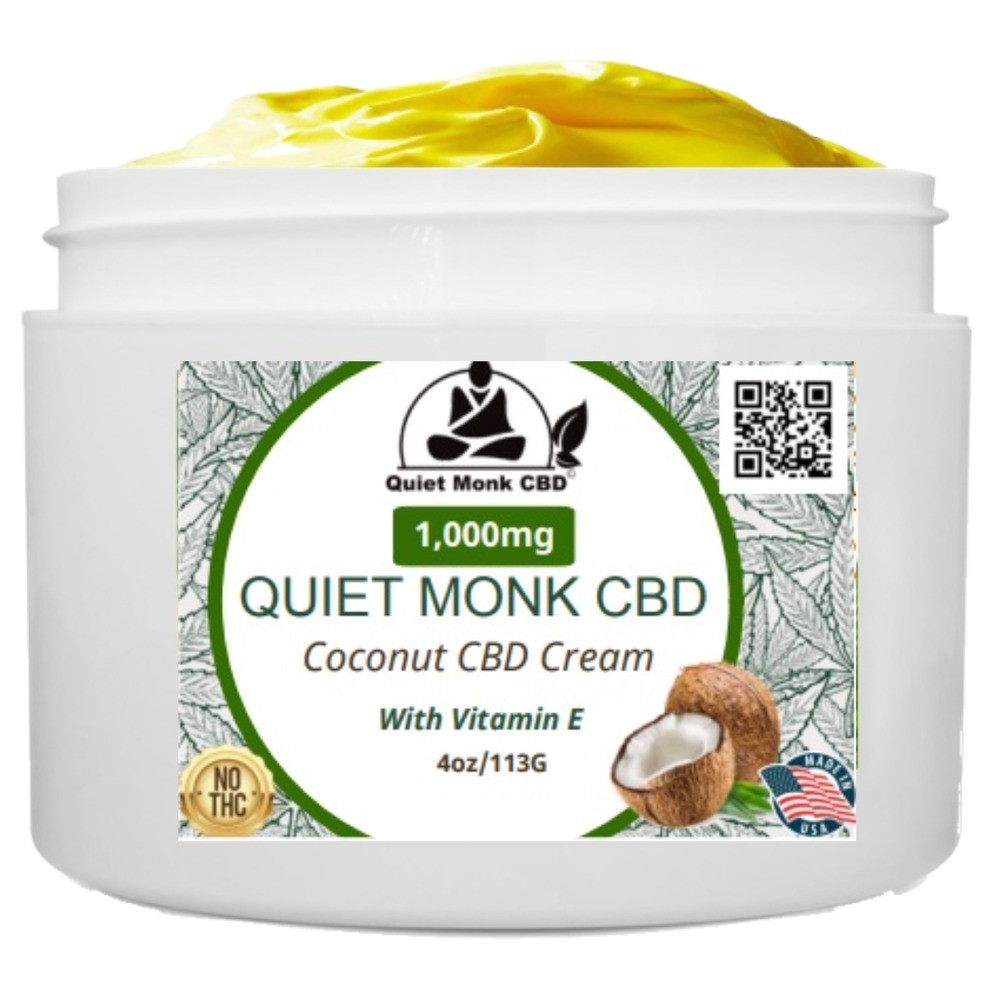
Before delving into Georgia’s specific legislation, it is important to understand the legal landscape of CBD in the United States. CBD’s legal status is a result of both federal and state laws. Federally, CBD extracted from hemp containing less than 0.3% THC (Tetrahydrocannabinol) is legal. Individual states, however, can have their own regulations regarding the possession, sale, and use of CBD.
Turning our attention to Georgia, we’ll examine the existing laws that govern CBD within the state. Currently, CBD is legal in Georgia, but there are certain considerations to keep in mind. This includes restrictions on THC content, which is the psychoactive component of cannabis, as well as specific conditions for legal possession and use of CBD.
If you are looking to purchase CBD in Georgia, it’s important to know where to find reliable sources. We’ll discuss the various avenues available for purchasing CBD products in the state.
We will touch upon any legal challenges and changes surrounding CBD in Georgia, including recent legislation updates and the potential future prospects for CBD in the state.
Before we proceed, it’s crucial to note that while this article aims to provide current and accurate information, laws regarding CBD can change. It’s advisable to consult legal resources and official authorities for the most up-to-date and precise information regarding the legality of CBD in Georgia.
Key takeaway:
- Understanding CBD: CBD refers to cannabidiol, a compound derived from the hemp plant known for its potential health benefits.
- Legal status of CBD: CBD’s legality in the United States is complex, with federal and state laws playing a role in determining its legal status.
- CBD legality in Georgia: In Georgia, CBD is legal under certain conditions, including restrictions on THC content and specific requirements for possession and use.
What is CBD?
What is CBD? CBD, or cannabidiol, is a natural compound found in the Cannabis sativa plant. It is one of over 100 cannabinoids present in the plant, and it is known for its potential therapeutic benefits.
CBD is extracted from the hemp variety of the cannabis plant, which contains only trace amounts of tetrahydrocannabinol (THC), the psychoactive compound associated with marijuana. This means that CBD does not produce a “high” or intoxicating effect.
Research has shown that CBD interacts with the body’s endocannabinoid system, which is involved in regulating various physiological processes such as pain perception, mood, appetite, and immune function. CBD is believed to influence this system, leading to potential health benefits.
Some of the potential benefits of CBD include:
- Pain management: CBD may help alleviate chronic pain by reducing inflammation and interacting with neurotransmitters involved in pain signaling. Studies have shown its effectiveness in conditions such as arthritis and multiple sclerosis.
- Stress and anxiety relief: CBD has been found to have anxiolytic properties, meaning it may help reduce feelings of anxiety and promote relaxation without causing sedation. It may also be useful in managing conditions such as generalized anxiety disorder and social anxiety disorder.
- Improved sleep: CBD has shown promise in improving sleep quality, particularly in individuals with insomnia or conditions that disrupt sleep patterns. It may help regulate sleep-wake cycles and promote more restful sleep.
- Neuroprotective effects: CBD has demonstrated potential neuroprotective properties, meaning it may help protect the brain and nervous system from damage caused by oxidative stress and inflammation. This could have implications for conditions such as Alzheimer’s disease and epilepsy.
- Anti-inflammatory effects: CBD has been found to reduce inflammation, which is associated with various chronic conditions such as autoimmune diseases, rheumatoid arthritis, and inflammatory bowel disease.
It is important to note that while CBD shows promise in these areas, more research is needed to fully understand its potential benefits and the optimal dosages for different conditions. Additionally, CBD products are not regulated by the FDA, so it is crucial to choose products from reputable manufacturers that provide third-party lab testing to ensure purity and potency.
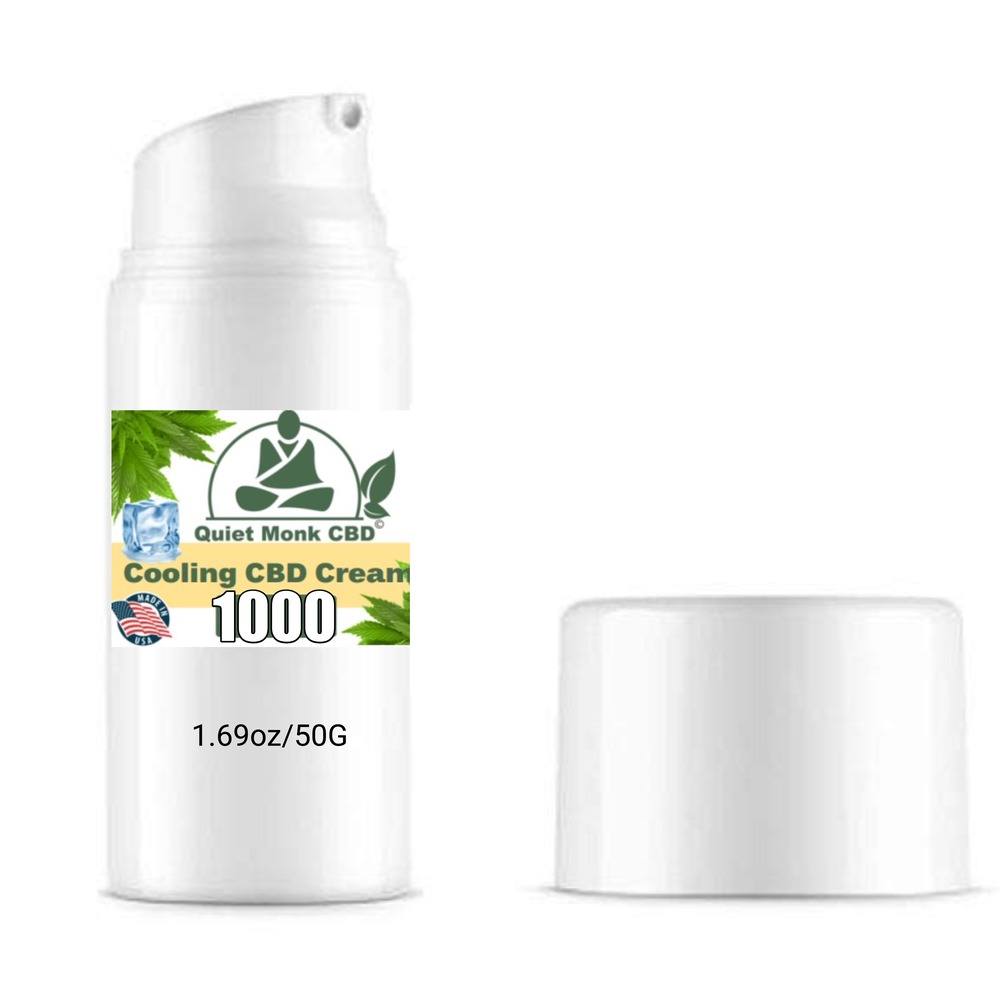
Legal Status of CBD in the United States
The legal status of CBD in the United States is a complex issue that can vary depending on multiple factors.
- Federal Law: The legal status of CBD is determined by federal law, which states that CBD is legal if it is derived from hemp plants with a THC content of less than 0.3%. This was made possible by the Agriculture Improvement Act of 2018, also known as the Farm Bill. This law legalized the production and sale of hemp and hemp-derived products, including CBD.
- State Laws: Individual states have the authority to enact their own laws regarding CBD, despite federal regulations. Some states have chosen to align their laws with federal standards, making CBD legal. However, other states have implemented stricter regulations, either making CBD illegal or permitting its use only for medical purposes with a prescription.
- THC Content: The legal status of CBD also relies on its THC content. THC is the compound found in cannabis plants that is responsible for the psychoactive effects. CBD products containing more than 0.3% THC are classified as marijuana and are subject to different laws compared to CBD derived from hemp.
- Medical Use: In states where medical marijuana is legal, CBD products with higher levels of THC may be available for medical use. These products often require a prescription from a licensed healthcare professional.
- Regulatory Oversight: The Food and Drug Administration (FDA) holds regulatory authority over CBD products. While the FDA has approved one CBD-based medication, called Epidiolex, for the treatment of rare forms of epilepsy, it has not approved CBD for other purposes such as dietary supplements or food additives.
It is important to understand that the legal status of CBD is subject to change as laws and regulations continue to evolve. Before purchasing or using CBD products, it is recommended to thoroughly research and comprehend the specific laws and regulations in your state.
Is CBD Federally Legal?
CBD, or cannabidiol, is federally legal in the United States as long as it is derived from hemp and contains no more than 0.3% THC. The 2018 Farm Bill legalized hemp and its derivatives, which includes CBD, at the federal level. This means that CBD products can be legally produced, distributed, and sold across the country.
It is important to note that the legality of CBD may vary at the state level. Some states may have additional restrictions or regulations on CBD products, so it is essential to familiarize yourself with the specific laws in your state.
While CBD is federally legal, it is crucial to choose CBD products from reputable sources. Look for companies that provide third-party lab testing to ensure the quality and potency of their products. Additionally, it is essential to read product labels and verify that they contain less than 0.3% THC.
When considering the legality of CBD, it is important to understand that CBD derived from marijuana, which contains more than 0.3% THC, is still considered illegal at the federal level. Only CBD derived from hemp is federally legal.
State Laws and CBD
State laws and CBD play a crucial role in determining the legal status of CBD products. While federal legalization does not automatically make CBD legal in every state, it is important to understand the specific laws and regulations in your state before purchasing or using CBD.
Here are some key points to consider when it comes to state laws and CBD:
1. Legalization status: Each state has the authority to determine its own laws regarding CBD. Some states have fully legalized both medical and recreational use of CBD, while others have more restrictive laws or only allow medical use.
2. THC content restrictions: Many states have regulations in place that limit the amount of THC (the psychoactive compound in cannabis) allowed in CBD products. These restrictions ensure that CBD products contain low levels of THC and minimize the potential for abuse or intoxication.
3. Conditions for legal possession and use: States often specify certain conditions under which CBD can be legally possessed and used. This may include requirements such as having a medical prescription, being a registered patient in a state medical program, or meeting certain age restrictions.
4. Purchasing options: The availability of CBD products can vary from state to state. Some states have established dispensaries or licensed retailers where CBD products can be legally purchased. Online purchase options may also be available, but it is essential to ensure that the product complies with state laws and regulations.
5. Changes and updates: State laws regarding CBD are subject to change over time. New legislation may be introduced to expand or restrict access to CBD, so it is important to stay informed about any updates or changes that may occur.
Understanding state laws regarding CBD is crucial to ensure compliance and avoid legal issues. It is recommended to consult the specific laws and regulations of your state or seek legal advice if you have any concerns or questions.
Fact: As of June 2021, 36 states in the United States have legalized medical marijuana, while 18 states have passed legislation allowing recreational use.
Is CBD Legal in Georgia?
Wondering about the legal status of CBD in Georgia? Let’s dive into the nitty-gritty of “Is CBD Legal in Georgia?” We’ll explore the current laws in Georgia that govern CBD, from the overview of regulations to restrictions on THC content. Plus, we’ll uncover the conditions for legal possession and use of CBD in this state. Get ready to unravel the facts and shed light on the legality of CBD in Georgia!
Overview of Georgia’s Current Laws on CBD
Georgia’s Current Laws on CBD: An Overview
- Federal Legality of CBD: CBD derived from hemp with less than 0.3% THC is federally legal, including oils, tinctures, and topicals.
- State Regulations: Georgia has specific laws that govern the use and possession of CBD, which may differ from federal laws.
- Medical Use of CBD: In Georgia, CBD oil with a THC concentration of less than 5% is legally used for medical purposes, primarily for patients with specific medical conditions.
- THC Content Restrictions: CBD products in Georgia must contain less than 5% THC, the psychoactive compound responsible for the “high” associated with cannabis.
- Legal Possession and Use of CBD in Georgia: To possess and use CBD legally in Georgia, individuals must have a medical marijuana card and a qualifying medical condition, such as epilepsy, cancer, or Parkinson’s disease.
It is important to stay updated on any changes in Georgia’s CBD laws, as they are subject to change. The non-medical use or possession of CBD without a medical marijuana card is illegal in Georgia. It is recommended to consult with a healthcare professional for guidance on using CBD for medical purposes in Georgia.
Restrictions on THC Content
When it comes to CBD, it is important to be aware of the restrictions on THC content. Understanding these restrictions will help you navigate the legal landscape surrounding CBD products. Take a look at the table below to see the specific restrictions on THC content:
| State | Maximum THC Content |
|---|---|
| Alabama | 0.3% |
| Alaska | No limit |
| Arizona | 0.3% |
| Arkansas | 0.3% |
| California | No limit |
| Colorado | 0.3% |
| Connecticut | No limit |
| Delaware | 0.3% |
| Florida | 0.3% |
| Georgia | 5% (seizure disorders only) |
As you can see, different states have different restrictions on the maximum THC content allowed in CBD products. In most states, including Georgia, the limit is set at 0.3%. However, Georgia does have an exception for individuals with seizure disorders, allowing for a higher THC content of up to 5%.
It’s important to note that THC is the psychoactive compound in cannabis that can produce a “high” effect. Keeping THC content within legal limits ensures that CBD products are non-intoxicating and comply with regulations. This helps to ensure consumer safety and prevent misuse of these products.
When purchasing CBD products, it’s essential to check the THC content and ensure it falls within the legal restrictions of your state. This information is typically provided by reputable manufacturers on their product labels or websites. By adhering to these restrictions, you can confidently and legally incorporate CBD into your wellness routine.
Conditions for Legal Possession and Use of CBD in Georgia
The conditions for legal possession and use of CBD in Georgia are as follows:
- Age restrictions: According to Georgia law, individuals must be at least 18 years old to possess and use CBD products.
- THC content: CBD products in Georgia must contain no more than 0.3% THC. Any product with a higher THC level is considered illegal.
- Medical conditions: The use of CBD in Georgia is primarily restricted to individuals with specific medical conditions. These conditions include epilepsy, Parkinson’s disease, multiple sclerosis, Crohn’s disease, and certain types of cancer.
- Doctor’s recommendation: To legally possess and use CBD in Georgia, individuals must have a recommendation from a qualified physician. The recommendation should outline the specific medical condition and justify the use of CBD as a treatment option.
- State registration: Individuals who are qualified to use CBD for medical purposes must register with the Georgia Department of Public Health and obtain a Low THC Oil Registry Card. This card serves as proof of legal possession and use of CBD in the state.
- Legal purchase: CBD products in Georgia can only be purchased from state-licensed dispensaries or through the state’s medical marijuana program. It is illegal to buy CBD from unlicensed sources.
- Transportation and possession limits: A registered individual is allowed to possess up to 20 fluid ounces of low THC oil, which can contain no more than 5% THC. It is important to note that crossing state lines with CBD products may violate federal laws.
These are the specific conditions for legal possession and use of CBD in Georgia. It is crucial to comply with these requirements to ensure adherence to the state’s laws and regulations.
Where Can You Buy CBD in Georgia?
If you’re wondering where you can buy CBD in Georgia, there are several options available to you. It’s important to note that the sale and possession of CBD products in Georgia is legal as long as they contain less than 0.3% THC, which is the psychoactive compound found in marijuana. Here are some places where you can purchase CBD in Georgia:
- Retail stores: Many retail stores in Georgia now carry CBD products. These include health food stores, wellness centers, and even some pharmacies. It’s best to call ahead and confirm if the store near you carries CBD products.
- Online retailers: Purchasing CBD online is a convenient option if you prefer to have the product delivered to your doorstep. There are many reputable online retailers that offer a wide range of CBD products, including oils, capsules, topicals, and more. Buy from Silent Monk!
- CBD specialty stores: In recent years, dedicated CBD stores have been popping up in Georgia. These stores focus solely on CBD products and have knowledgeable staff who can provide guidance and answer any questions you may have.
- Farmers markets: Some farmers markets in Georgia have vendors selling CBD products. This can be a great way to support local businesses and get high-quality CBD from trusted sources.
- Cannabis dispensaries: While Georgia has strict laws regarding the recreational use of marijuana, medical marijuana is legal for certain qualifying conditions. If you have a medical marijuana card, you may be able to purchase CBD products from authorized dispensaries.
It’s important to do your research and ensure that you are purchasing CBD from a reputable source. Look for third-party lab test results to verify the product’s potency and purity. Additionally, consider factors such as product quality, customer reviews, and affordability when making your purchasing decision.
Remember that while CBD is legal in Georgia, it’s always a good idea to check local laws and regulations, as they may vary depending on your location. It’s also advisable to consult with a healthcare professional before incorporating CBD into your routine, especially if you have any underlying health conditions or are taking medications.
Legal Challenges and Changes
Legal challenges and changes in CBD’s legality in Georgia have brought about intriguing developments. Delving into legislation updates and future prospects, we uncover a dynamic landscape that shapes the use and distribution of CBD. From regulatory shifts to potential market growth, these sub-sections promise to illuminate the evolving legal framework behind CBD in Georgia. Stay tuned as we explore the latest developments and forecast the future direction of this CBD landscape.
Legislation Updates
Legislation updates play a crucial role in determining the legal status of CBD in Georgia. It’s important to stay informed about any changes or new laws that may impact the possession and use of CBD products in the state.
Here are some key legislation updates regarding CBD in Georgia:
- The Georgia Hemp Farming Act was signed into law in 2019, legalizing the cultivation, processing, and sale of hemp and hemp-derived products, including CBD.
- Under this law, CBD products must contain no more than 0.3% THC (tetrahydrocannabinol), the psychoactive compound in cannabis responsible for the “high” sensation.
- Previously, the possession of CBD oil with any amount of THC was considered illegal in Georgia. However, the updated legislation now allows for the legal possession and use of CBD oil with low THC content.
- The Georgia Department of Agriculture is responsible for regulating the cultivation and processing of hemp and CBD products in the state.
- Retailers selling CBD products in Georgia must ensure that their products are sourced from licensed hemp growers and meet the legal requirements for THC content.
It’s important to note that while CBD with low THC content is legal in Georgia, the possession and use of marijuana for recreational purposes remains illegal.
Sarah, a Georgia resident, had been using CBD oil to manage her chronic pain. However, she was unaware of the recent legislation updates regarding CBD in the state. One day, she was stopped by the police while carrying her CBD oil. Luckily, the officer informed her about the changes in the law and provided her with resources to learn more about the legal requirements for CBD possession and use in Georgia. This incident prompted Sarah to educate herself about CBD legislation updates to ensure she remains compliant with the law.
Future Prospects
When analyzing the future prospects of CBD, it is important to consider the potential growth of the industry, regulatory changes, and consumer trends.
| Aspect | Future Prospects |
|---|---|
| Growth of the Industry | With increasing awareness and acceptance of CBD, the industry is expected to experience substantial growth in the coming years. According to market research, the global CBD market is projected to reach $XX billion by 2025, representing a XX% compound annual growth rate. |
| Regulatory Changes | The legal status of CBD is likely to evolve further as regulatory bodies continue to refine their policies. As more scientific evidence emerges supporting the potential health benefits and safety of CBD, there may be an increased push for standardized regulations at both the federal and state levels. This could lead to clearer guidelines for manufacturing, labeling, and quality control. |
| Consumer Trends | The demand for CBD products is expected to continue to rise as more consumers become interested in natural health alternatives. Factors such as increased stress levels, a growing focus on wellness, and the desire for non-intoxicating options contribute to the popularity of CBD. In the future, we can expect to see a wider variety of CBD products catering to different consumer preferences and needs. |
| Product Innovation | The CBD industry will likely see further product innovation to meet consumer demands. This may include the development of new delivery methods, formulations, and higher bioavailability options. Product differentiation through unique blends, flavors, and targeted effects will also contribute to the future success of CBD brands. |
| Educational Efforts | As the CBD industry matures, there will be an increased focus on educating consumers about the benefits, potential risks, and responsible use of CBD. Efforts to provide accurate information and dispel misconceptions will play a crucial role in building consumer confidence and trust in CBD products. |
| International Market Expansion | As CBD continues to gain acceptance worldwide, companies may look to expand their operations and tap into emerging markets. Global legalization and harmonization of regulations will facilitate this expansion, providing opportunities for increased sales and market penetration. |
Keywords to incorporate: Future Prospects
Important Considerations
When considering the legality of CBD in Georgia, there are several important considerations to keep in mind:
- Understanding federal and state laws: It is essential to be aware of both federal and state laws regarding CBD. While CBD derived from hemp with a THC content of 0.3% or less is legal at the federal level, state laws may have additional restrictions or regulations. In Georgia, CBD oil with no more than 5% THC is permitted for medical use.
- Knowing the source of the CBD: It is crucial to know where the CBD products you are considering purchasing are sourced from. CBD derived from hemp is legal, but CBD derived from marijuana may not be legal in all circumstances. Make sure the CBD you choose comes from a reputable source and complies with legal requirements.
- Understanding THC content: The THC content in CBD products is an important consideration. In Georgia, CBD products should contain no more than 5% THC for medical use. Always check the THC content before purchasing a CBD product to ensure compliance with local laws.
- Consulting with a healthcare professional: Before using CBD, it is advisable to consult with a healthcare professional, especially if you have any underlying health conditions or are taking medications. They can provide guidance on dosage, potential interactions, and whether CBD is suitable for your specific needs.
- Ensuring product quality: Quality assurance is crucial when choosing CBD products. Look for products that have undergone third-party testing for purity, potency, and contaminants. This information should be readily available from the manufacturer or seller.
- Considering individual needs: Every individual may have different needs and preferences when it comes to CBD. Consider factors such as the desired CBD concentration, delivery method (e.g., oils, capsules, topicals), and any specific health concerns you may have. Personal preferences and goals should influence your choice of CBD product.
By understanding federal and state laws, knowing the source and THC content of CBD, consulting with a healthcare professional, ensuring product quality, and considering individual needs, you can make informed decisions when it comes to CBD in Georgia.
Some Facts About Is CBD Legal in Georgia?
- ✅ Georgia allows the sale of hemp-derived CBD products with a THC content of less than 0.3% since 2019, except for food products. (Source: Our Team)
- ✅ The Georgia Hemp Farming Act permits research, exploration, licensing, and testing of hemp products in the state. (Source: Our Team)
- ✅ Hemp is defined as the Cannabis sativa L. plant with a THC level of 0.3% or lower. (Source: Our Team)
- ✅ It is illegal to purchase marijuana-derived CBD products without a medical marijuana card in Georgia. (Source: Our Team)
- ✅ Hemp-derived CBD products can be purchased throughout Georgia, including online and at local pharmacies. (Source: Our Team)
Frequently Asked Questions
Is CBD legal in Georgia?
Yes, CBD is legal in Georgia. The state allows the sale of hemp-derived CBD products with a THC content of less than 0.3%. However, marijuana-derived CBD products can only be purchased with a medical marijuana card.
What are the patient possession limits for CBD oil in Georgia?
Patient possession limits in Georgia allow individuals with qualifying medical conditions to possess up to 20 ounces of infused cannabis oils containing no more than 5 percent THC. The amount of CBD in the oil must be equal to or greater than the amount of THC.
What medical conditions qualify for medical marijuana in Georgia?
Qualifying medical conditions for medical marijuana in Georgia include AIDS, Alzheimer’s disease, Amyotrophic Lateral Sclerosis, Autism, Cancer, Crohn’s disease, Epidermolysis bullosa, Hospice care patients, Intractable Pain, Mitochondrial disease, Multiple sclerosis, Parkinson’s disease, Post-traumatic stress syndrome, Severe or end stage Peripheral neuropathy, Seizure disorder, Sickle cell disease, and Tourette’s syndrome.
Are there state-licensed dispensaries for CBD oil products in Georgia?
Yes, state-licensed dispensaries for high-CBD/low-THC oil products were permitted in May 2021. There are five initial licenses issued, and the first two dispensaries have begun operating.
Can individuals from other states possess low-THC oil in Georgia?
Yes, Georgia allows reciprocity. Individuals with a registration card issued by another state that allows the possession of low-THC oil are exempt from Georgia’s laws.
Can individuals cultivate hemp in Georgia?
No, home cultivation of hemp is not allowed in Georgia. Hemp cultivation is regulated and requires licenses and permits.
This is not legal advice. Always check with your State and local governments.

